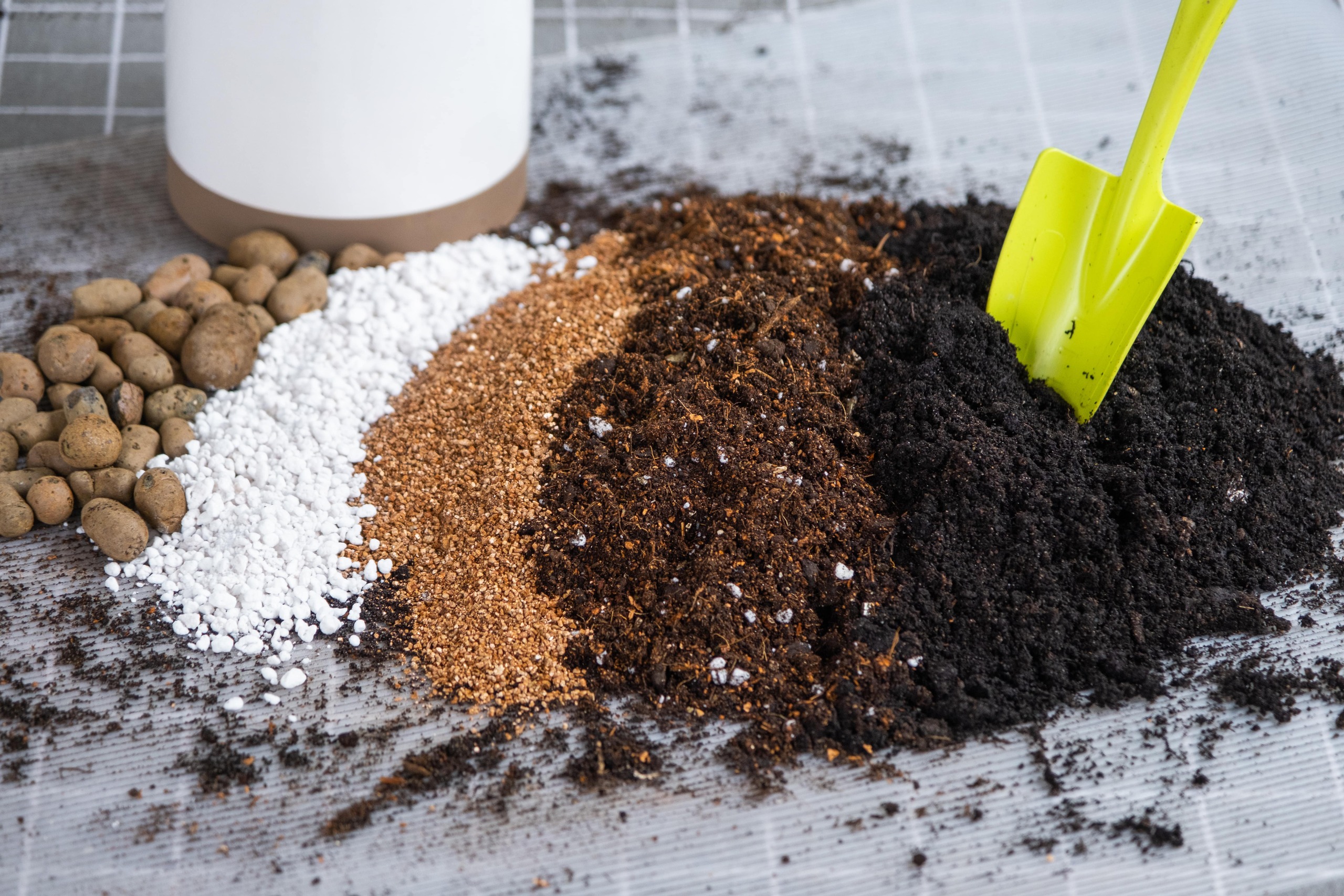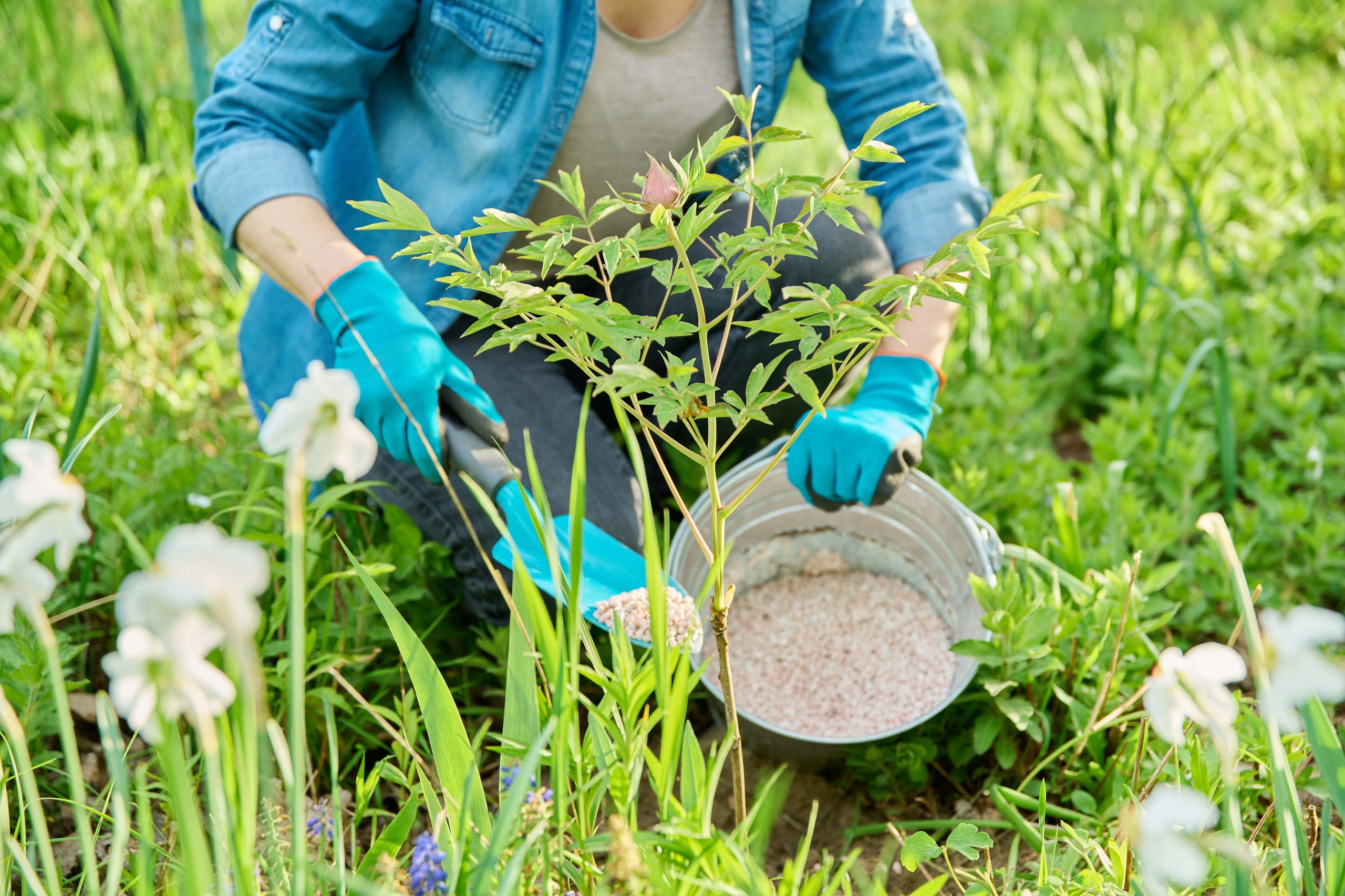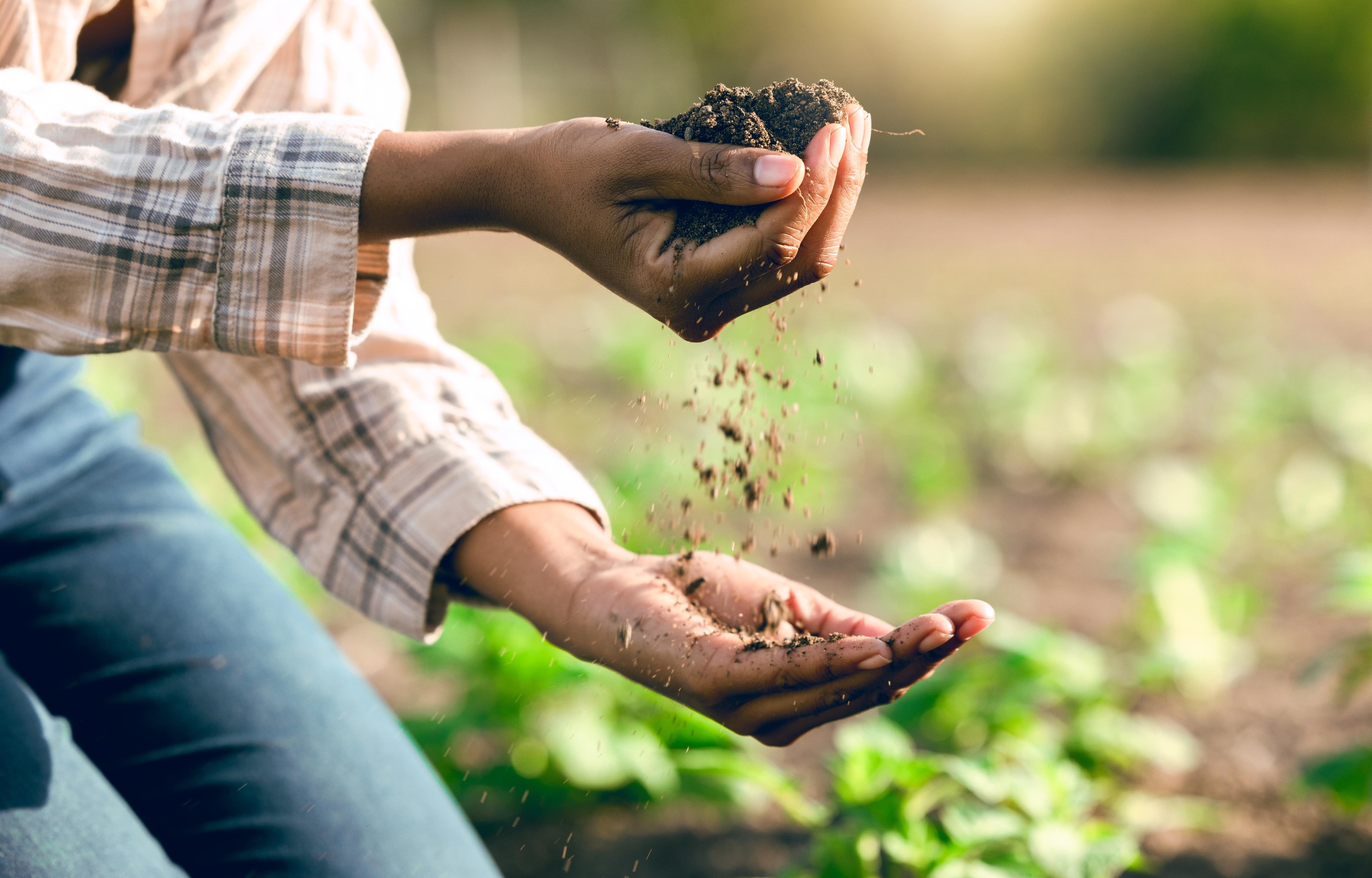The need of utilizing natural and safe fertilizers cannot be emphasized in the search of a beautiful garden. Eco-friendly gardening techniques concentrate on raising healthy plants to protect our surroundings. Made from organic materials including compost, manure, and plant-based liquids, natural fertilizers offer vital nutrients free from the strong chemicals that could damage the ecology. These sustainable choices enable healthy microbial activity, so enhancing soil health and increasing fertility, thus providing a home for both flora and fauna.
Apart from encouraging strong plant development, natural fertilizers help gardeners in water conservation and enhancement of biodiversity. These environmentally beneficial behaviors assist to slow down climate change by helping to preserve important pollinators like bees and butterflies and by carbon sequestration in the soil. Using natural fertilizers helps us to grow with intention and care for our earth, therefore promoting a better garden, a thriving community, and a more sustainable future.
Composting: The Natural Power of Organic Matter
Composting converts yard waste, household garbage, and other organic materials into nutrient-dense soil naturally. As you assemble a compost pile, microorganisms including fungi and bacteria gradually break down organic matter. Apart from transforming your trash into a useful resource, this breakdown process fills the soil with vital nutrients. Gardeners call this dark, flaky material, which develops, “black gold,” laden with the nourishment that plants yearn for.
Compost performs miracles for the fertility and structure of your garden. It increases aeration and drainage, therefore enabling more readily growing plant roots to obtain nutrients and water. Compost helps especially in dry seasons to hold moisture. Compost nourishes the microbiome of the soil, therefore supporting the helpful bacteria that ensure a balanced environment and good growth of plants. From a small scale of organic recycling, this generates a vibrant landscape and better vegetation.

Organic Manure: A Rich Source of Nutrients
Using organic manure, including cow, horse, or chicken dung, natural fertilizer will greatly enhance the productivity and general condition of your garden. These natural manures have several benefits mostly related to their ability to provide nutrients plants so craves for. Packed with three fundamental minerals— nitrogen, phosphorous, and potassium—manure is Especially nitrogen enables leafy plants to become lush, green. While phosphorous is very essential for root development and flowering, potassium supports general growth and helps plants become resistant to diseases. Using aged or composted manure ensures that these nutrients are readily available to your plants without risking scorching of their roots—a concern with raw manure.
Organic manure improves soil fertility and structure beyond merely nutritional value. Applying it as a liquid fertilizer or mixing it into your plant beds adds organic matter that increases soil ability to hold nutrients and moisture. This results in better able to tolerate environmental pressures healthier plants. Moreover, employing organic manure encourages a healthy ecosystem in your soil by means of advantageous microbial activity, therefore supporting plant development. Organic manure is a sustainable choice that feeds your plants gently on the environment unlike artificial fertilizers, which could cause nutrient runoff and pollution. Therefore, including organic manure into your gardening schedule is a natural approach to have a vivid and successful garden whether your plants are herbs, flowers, or veggies.
Seaweed and Fish Emulsion: Mineral-Rich Liquid Fertilizers
Two great liquid fertilizers that can truly help your plants are seaweed and fish emulsion! These natural fertilizers both abound in vital minerals and trace components that encourage good development. Rich in potassium, calcium, and magnesium, seaweed helps plant cells become stronger and increases general vitality. It also contains plenty of trace minerals, like iron and zinc, which are very vital for plant growth. Conversely, fish emulsion is an excellent approach to stimulate strong development and rich foliage since it offers nitrogen, phosphorous, and other nutrients plants need.
Using seaweed and fish emulsion is one of the best natural growth hormones. Cytokinins and auxins found in seaweed promote cell division and root growth, hence strengthening and resilience of your plants. Fish emulsion also contributes to generate this effect by raising the plant’s capacity to withstand stress from pests, illnesses, and environmental challenges. Therefore, adding these liquid fertilizers into your regimen will result in healthier, happier plants whether your objective is to increase harvests or just maintain the status of your garden. Moreover, depending on natural sources like these benefits the surroundings.
Homemade Natural Fertilizers: Simple Solutions from Your Kitchen
Great additions to your homemade fertilizer regimen include everyday objects such coffee grinds, eggshells, and banana peels. Rich in potassium, banana peels support the strong roots and vivid blossoms that help plants grow. Just cut them up and toss them into your compost or bury them under ground next to your plants. They distribute those vital nutrients exactly where your plants need them and break down fast!
Another culinary waste that performs miracles in the yard are eggshells. Rich in calcium, a vital mineral that fortifies cell walls and stops blossom end rot in tomatoes and peppers, they Just clean the eggshells, break them up into tiny bits, then toss them straight around your plants or into your compost. Conversely, coffee grinds may enhance soil structure and offer a little acidity many plants enjoy. They also draw earthworms, which are excellent for the condition of soil. Coffee grinds mixed into your compost or laid on your garden beds can provide a good nutrient boost for your plants.
By nourishing your ground, using these kitchen leftovers not only helps you minimize waste but also naturally promotes plant development. Although you should be in awe of the beauties of nature, this straightforward and ecologically friendly method will enable you to feed your garden.

Final Thought
Maintaining ecologically friendly approaches rely on a robust, vivid garden produced by applying organic fertilizers. These organic choices improve soil quality and water retention, so strengthening a strong ecosystem, in addition to provide a balanced supply of macronutrients and micronutrients supporting plant development. By using natural fertilizers, gardeners lower nutrient runoff, protect neighboring waterways, and improve the health of vital microorganisms required for a good ecosystem. Accepting these concepts encourages readers to study the various benefits of organic gardening for both plant health and environmental preservation, thereby enabling individuals to naturally manage their plants and assist to build a better future.

